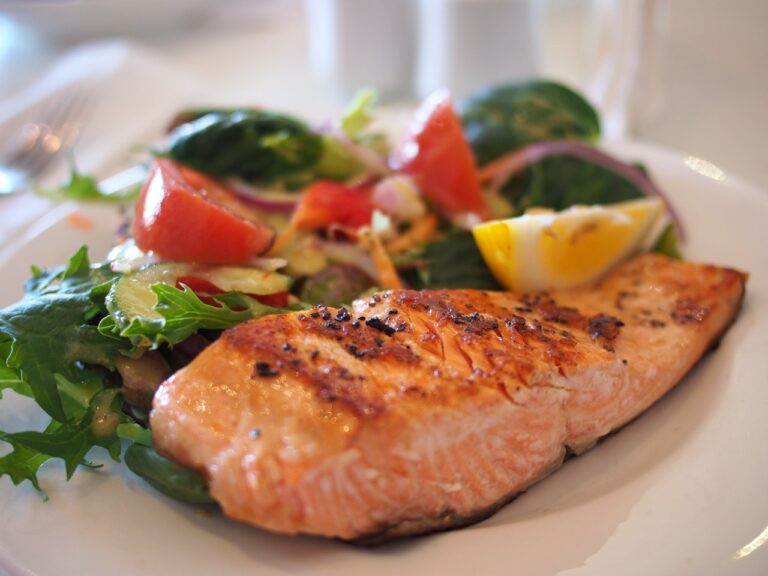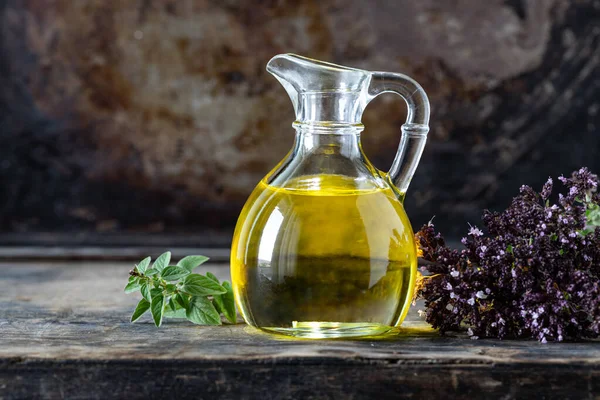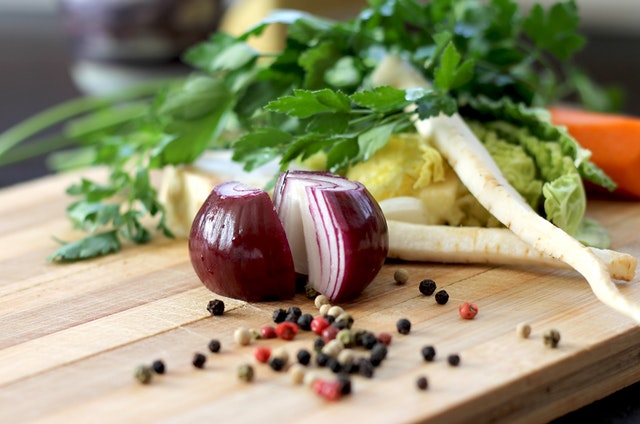Lowering Blood Pressure Quickly with the Right Foods: Evidence-Based Strategies
High blood pressure, or hypertension, is a prevalent health condition that can increase the risk of heart disease, stroke, and other serious health problems. While long-term management often involves medications and lifestyle changes, certain foods have been shown to offer a rapid reduction in blood pressure. In this article, we’ll explore evidence-based strategies, supported by reputable sources, for quickly lowering blood pressure through dietary choices.
- Beetroot and Beetroot Juice: Beetroot is rich in nitrates, which can lead to the relaxation of blood vessels, thereby reducing blood pressure. A study published in the journal Hypertension found that drinking beetroot juice led to a significant and rapid decrease in blood pressure. Nitrates in beetroot are converted into nitric oxide in the body, a compound that helps dilate blood vessels and improve blood flow.
- Leafy Greens: Leafy greens like spinach, kale, and Swiss chard are excellent sources of potassium, which can help counterbalance the effects of sodium, leading to a rapid reduction in blood pressure. Research published in the American Journal of Hypertension suggests that increasing potassium intake from leafy greens can quickly lower blood pressure levels.
- Berries: Berries, such as blueberries and strawberries, are packed with flavonoids, which are known for their positive effects on blood pressure regulation. A study published in the Journal of the Academy of Nutrition and Dietetics indicates that regular consumption of berries can lead to rapid decreases in blood pressure, likely due to their vasodilatory properties.
- Oats and Whole Grains: Whole grains, especially oats, contain beta-glucans, a type of soluble fiber known for its ability to lower blood pressure. A systematic review published in the American Journal of Clinical Nutrition emphasized the positive impact of beta-glucans on both systolic and diastolic blood pressure.
- Fatty Fish: Fatty fish like salmon, mackerel, and sardines are rich in omega-3 fatty acids, which have been shown to quickly lower blood pressure. A meta-analysis published in the American Journal of Hypertension concluded that omega-3 supplements and the consumption of fatty fish can lead to a significant and rapid reduction in blood pressure levels.
- Garlic: Garlic is a natural remedy that has demonstrated modest but noticeable effects on blood pressure. A meta-analysis published in the Journal of Hypertension found that garlic supplements, when taken over a short period, can contribute to a reduction in blood pressure.
- Pomegranate: Pomegranate is a fruit that contains polyphenols known to help reduce blood pressure. A study published in the journal Pharmacological Research reported that daily consumption of pomegranate juice led to a significant reduction in both systolic and diastolic blood pressure in a short time.
- Dark Chocolate: Dark chocolate with a high cocoa content is rich in flavanols, which have vasodilatory effects. A meta-analysis published in JAMA Internal Medicine found that dark chocolate consumption had a short-term blood pressure-lowering effect, particularly in individuals with hypertension.
- Nuts: Nuts, such as almonds and walnuts, are rich in potassium, magnesium, and healthy fats, all of which contribute to better blood pressure regulation. A review published in the American Journal of Clinical Nutrition concluded that regular nut consumption can lead to a significant reduction in blood pressure.
- Hibiscus Tea: Hibiscus tea, rich in anthocyanins and polyphenols, has been linked to quick reductions in blood pressure. A study published in the Journal of Nutrition and Metabolism reported that daily consumption of hibiscus tea resulted in a significant decrease in blood pressure, particularly systolic pressure.
These foods, supported by peer-reviewed studies, can help individuals experience a rapid reduction in blood pressure. However, it’s essential to remember that individual responses may vary. While these dietary changes can be effective, they should complement medical advice and not replace it. Consultation with a healthcare professional is vital before making significant dietary alterations, especially if you have hypertension or are on medication. Integrating these foods into a balanced and heart-healthy diet can be a valuable step towards quickly lowering blood pressure and promoting overall well-being.






